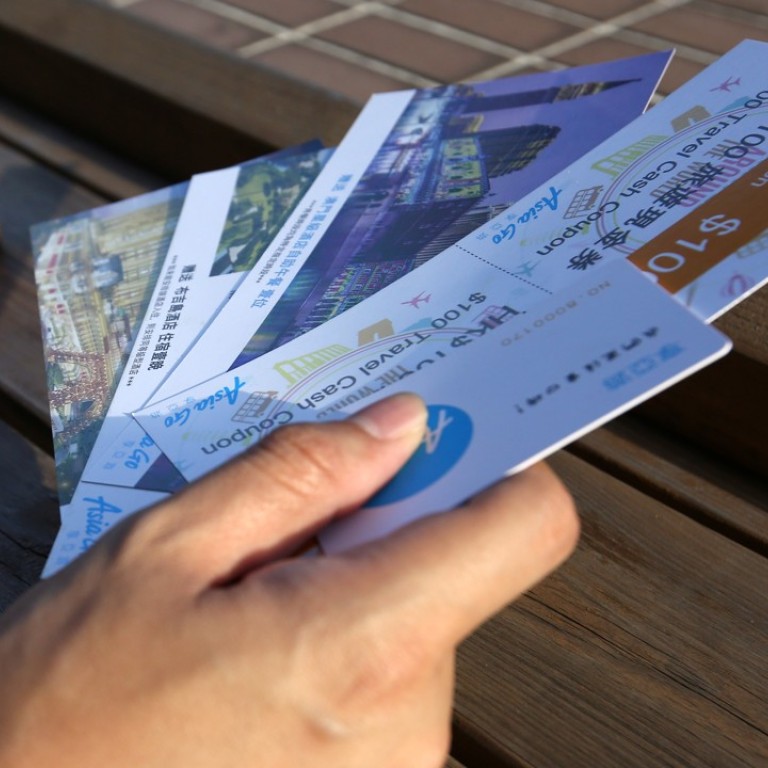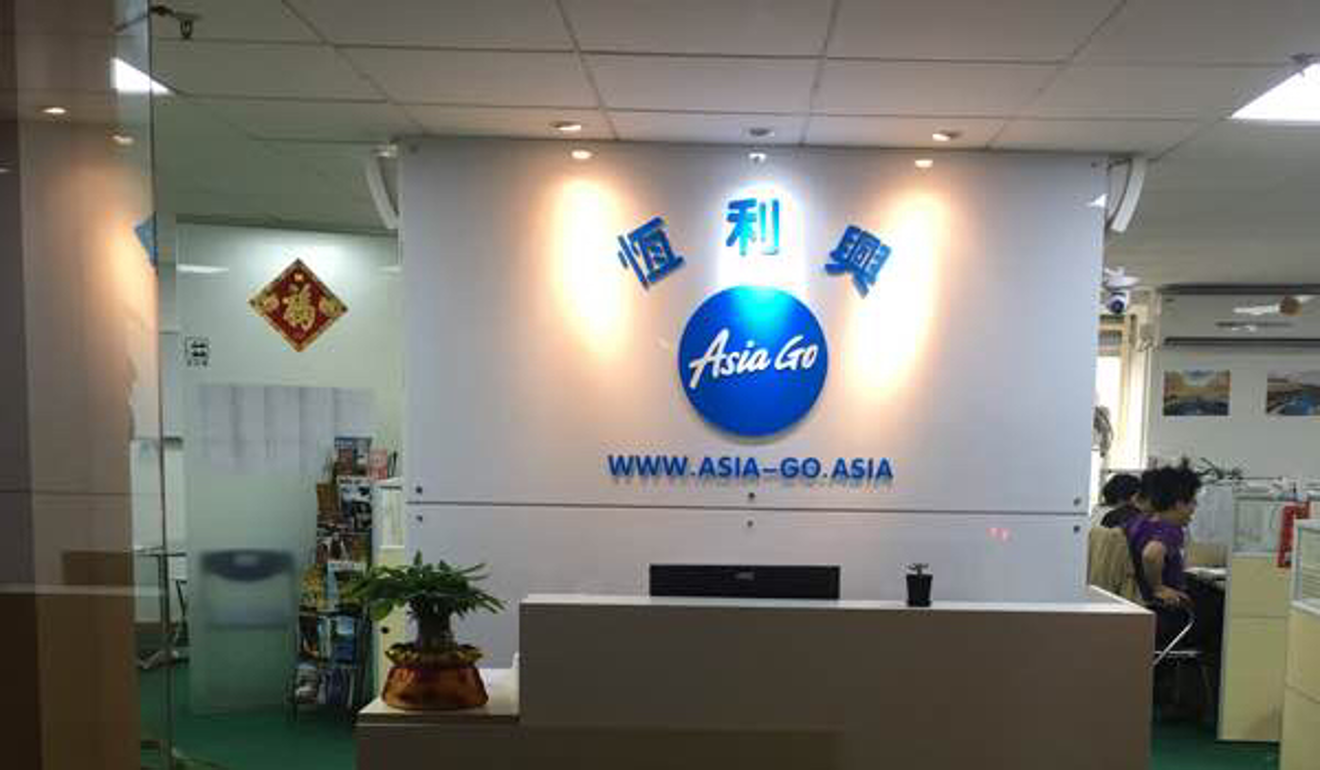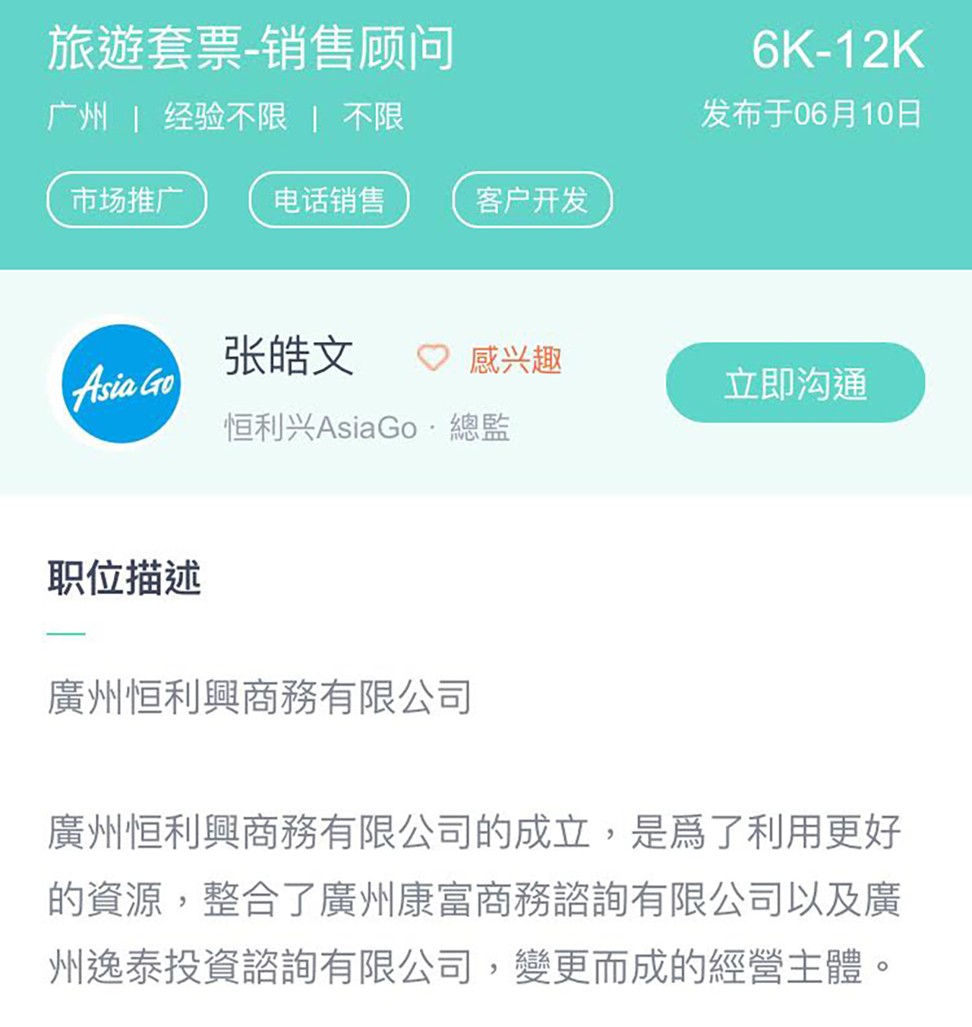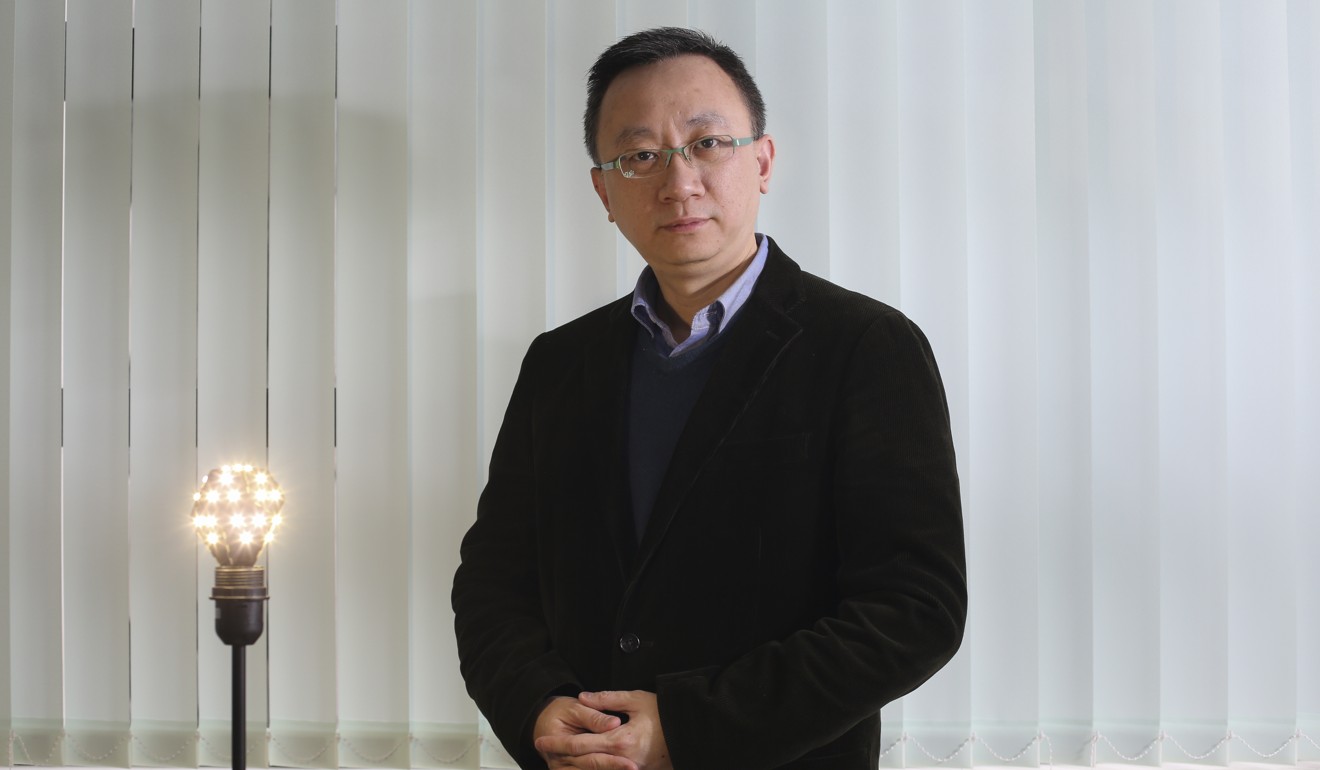
Asia Go travel club subject of complaints as Hong Kong Consumer Council sees rise in holiday scams
At least a dozen Hongkongers have complained they were deceived with hotel deals that were too good to pass up
At least a dozen Hong Kong residents have said they were deceived by the Asia Go travel club, which has been accused of making empty promises when selling cheap memberships over the phone.
The company’s website is registered to Colman Zhang Haowen, a Guangzhou native, who had set up two other travel clubs involved in similar scams in 2013 and 2016.
In those cases, hundreds of Hongkongers were not given any free hotel accommodation services as promised by the those two clubs after paying a membership fee. The clubs were closed down after being exposed.
Hong Kong student arrested in connection with HK$11.7 million phone scam
In the most recent case, David Wong, 38, a Hong Kong resident, said his wife received a call in October from someone claiming to be from Starwood Hotels and Resorts – a hotel chain that includes Sheraton, Westin and St Regis brands among others.
The caller was offering a special promotion of a HK$2,888 (US$368) for a membership. That price included a two-night stay at a five-star hotel in Macau, two free lunch buffets, a three-night stay in Thailand and other discounts within the first year.

“The price was attractive,” Wong said. “Besides, the person who called knew my wife’s surname and the hotel we stayed in in Macau – which increased our trust.”
The offer was too good to pass up so he paid with his credit card on the phone.
But when he saw the name Asia Go appear on his credit card receipt, he immediately felt regret. When he contacted Starwood, his fears were confirmed.

“Starwood said they didn’t have any connections to such a company,” he said.
He called his bank to cancel the transaction, but was denied. Then he tried to book free hotel rooms with Asia Go several times, but was told hotels were full. He then reported the matter to police.
Police said they were investigating the case as potential fraud.
Phone scammers now using WeChat voice messages to snare victims
In another case, Nicole Wong, no relation to David Wong, bought a membership in June 2017 but did not use it until early this year. She realised she had been scammed when she was asked to pay an extra HK$800 per night for a room, which was almost the same price if she had booked the room without the club.
“I was so stupid to believe this,” she said. “I’m not hopeful that I will get the money back, but I don’t want more people to be cheated.”
More than 10 other people also complained on social media that they were scammed by the same company.
According to the Consumer Council, complaints about travel and dining clubs have dropped from 294 in 2014 to 85 in 2017. But specific complaints about late or even no delivery of services is rising again. As of May, the council has received seven cases while there was only three during the whole of 2017.

The Post found Asia Go’s website was registered to Zhang, who also registered the website of Ko Mei Club, also known as Royal Club, which was also involved in similar scams in 2016, according to local media reports.
The Post also found the logo of Asia Go posted at the Guangzhou office of Guangzhou Henglixing Business Limited, in which Zhang is described as a director of Asia Go.
Girl, 18, arrested for helping phone scammers cheat two elderly men out of HK$180,000
The company recently posted recruitment advertisements online looking for 10 travel consultants with no specific requirements other than being proficient in Cantonese.
“The average monthly pay is above 8,000 yuan [US$1,200]. With a strong desire, you can easily earn more than 15,000 yuan,” the ad reads. One of the responsibilities listed with the job is “to make phone calls with company resources”.
When reached by phone, Zhang denied his relationship with Asia Go, saying his personal information was being misused by his former business partners who are running the company.
When asked if employees at his companies had lied about being part of big hotel groups, he said some salespeople had exaggerated claims.

“Surely we were not part of the hotel groups. If we were, we would just promote inside casinos instead of setting up a call centre in mainland to do the hard-selling,” he said, adding he had left Asia Go after he and his business partners started Royal Club.
Management at Asia Go refused to comment when reached on the company’s hotline.
Hong Kong, mainland police agree to set up task force to fight phone scammers
Democratic Party legislator Andrew Wan Siu-kin, who has been following travel club membership complaints, urged the government to regulate telemarketing to guarantee consumers’ rights and called for Hong Kong police to collaborate more with mainland authorities.
“China and Indonesia worked together last year to crack down on phone scams,” Wan said. “But Hong Kong police rarely do such collaboration.”
Francis Fong Po-kiu, honorary president of the Hong Kong Information Technology Federation, a trade association, warned consumers to be cautious when making credit card payments. “It’s very risky to disclose credit card information on the phone,” he said. “Fraudsters usually don’t charge large amounts of money, so the banks will not be alerted about the payment.”
